King, queen or in between: Changing the face of drag
Drag kings have often lived in the shadow of their queen counterparts – but times are changing, and I headed to Europe's biggest drag king competition to find out why

“Drag can be anything from irony, satire, admiration to glamming. It’s about taking a performative stance on stereotypical norms. You can use your outer exterior – clothes, make up, wigs – but ultimately drag is something interior. Drag for me is about what you want to say.”
These are the words of Ingo Cando, once a drag performer, now founder of a host of events taking place in London that celebrate queer cabaret, performance and drag culture. Over the past few years the London drag scene has grown tremendously – particularly nights for drag kings, who despite being recorded in the UK since the Victorian era (and probably earlier) have had few performance nights and spaces to call home. But it looks like that’s all changing.
And it’s not just in London – drag king events are popping up across the country, from Bristol to Birmingham to Edinburgh, including cabaret nights, competitions and workshops on how to unleash your very own inner drag king. For a time, Blackpool even had its very own drag king karaoke bar.
But what is a drag king, and how does it differ from a drag queen? What is drag generally, and why do we still see it in such binary terms? And why do drag queens get all the recognition?
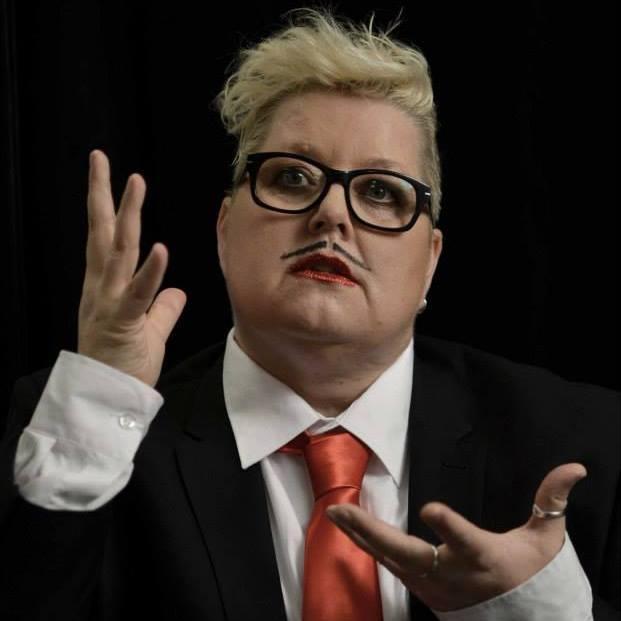
To get answers to some of these questions I headed down to the final of Man Up, Europe's biggest drag king competition.
If there’s any proof that the drag king culture is growing, it’s that Man Up has become too big to contain within the walls of its original home, east London queer haven The Glory.
Started in 2015 by the pub’s owner and community parent Jonny Woo with just 20 competitors, it’s almost hard to believe how far it’s come in such a short space of time. Word spread quickly after its humble origins, and very soon there were queues out the door, with many turned away.
This year the final was moved to a bigger venue – Styx in Tottenham – and all 400 tickets sold out, with people once again queueing outside, hoping to get in. There’s clearly a big following – just a very small pool of people who are aware.
“A drag king is like a drag queen, but more awesome,” says Zayn Phallic, a finalist of this year’s competition and founder of the Kings of Colour (KOC) Initiative.
Zayn describes his drag persona as “essentially just me, but more extreme, in thongs on a stage. It’s what happens if you release a complete Nineties kid and just let them do what the hell they want – with glitter.”
There are a whole group of kings performing with humour and satire – Man Up finalist Ben D’Ovary, for example, mixes stand-up comedy and music to create a hilarious estate agent alter ego, whilst also critiquing the Government’s response (or lack thereof) to the housing crisis.
While many acts incorporate comedy into their routines, others take a more sombre tone. From Nineties boy bands to Eton boy parodies to drag king Jeremy Corbyn, the scene is full of creativity, and you won’t find much more variation than at a drag king night.
I’ve seen all sorts: from Jesus impersonator Shesus and the Sistas to heartthrob Gusher stripping, very sexily, down to his boxers to community favourite Benjamin Butch singing “I’ve had the time of my life” to a mop (one of my favourite drag routines of all time).
Although the acts are incredibly varied, they all have one thing in common:exploring and challenging the norms and expectations of gender.
“Many people assume a drag king is the opposite of a drag queen – a woman dressing as a man – but this binary system not only misses the entire point of drag, in its poetic deconstruction of the limitations of a binary gender system, but also excludes many performers who do not identify as ‘woman’ but perhaps as ‘non-binary’ ‘[gender]fluid’ or ‘trans’ which is not the way we roll in our inclusive community,” says Adam All.
Adam has been performing drag for roughly 15 years. He founded popular drag king night BoiBox and has been a co-host of Man Up since the competition’s birth. He says: “Drag is an empowering and powerful discussion of gender in society, be it parody or celebration, used to explore and express and ultimately entertain. Drag kings are one of the forms inside that bracket and they tend to explore ‘maleness’.”
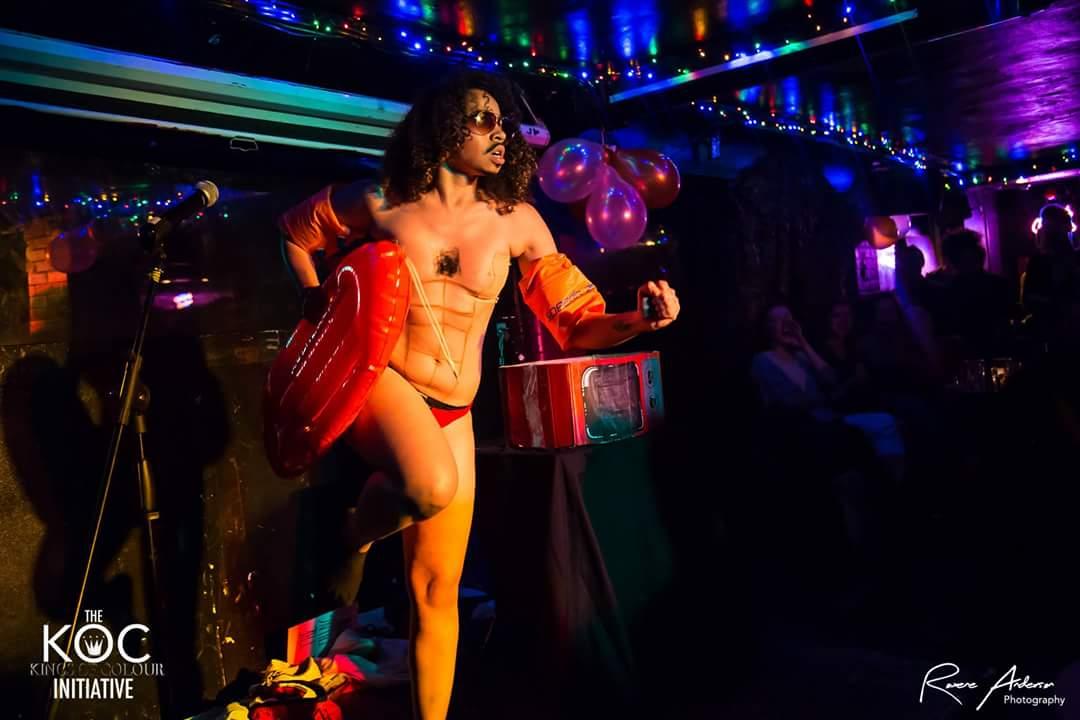
Since he started doing drag at the age of 18, he believes he is now “far more at liberty to express a much broader spectrum of maleness in my clothing, mannerisms and language, even song choices, as my audiences are often already open to breaking gender stereotypes.”
Adam’s words seem particularly pertinent now, just a few days after celebrity drag queen RuPaul spoke out against transgender women who have transitioned competing in TV show RuPaul’s Drag Race. Although he has since apologised, it’s another reminder that the drag arena is often dominated by cisgender gay men who can be less open to breaking down gender binaries than they originally seem.
This is a far cry from most drag king spaces, that seem much more open to blurring the lines of gender and welcoming performers on stage without any care about how they identify off stage.
However, it’s still the case that, as Zayn Phallic says, “drag kings are booked less and paid less”.
When asked why drag queens gain so much traction in comparison Zayn said: “Unfortunately part of the reality of drag kinging is that sexism is still very much present within LGBTQ spaces. As most drag kings are bodies that are read as female out of drag (regardless of how they personally identify), they face the same glass ceiling that women face in any genre of performance.
“As such, they are often forced to work harder and more creatively to get the same recognition as their queen counterparts, and as a result they are making some truly incredible innovations to the entire genre of drag.”
As Man Up judge, long-time drag king and founder of drag night Kings of Clubs, Frankie Sinatra, put it: “Men own the bars and run the bars. They often put on what they know – that is, drag queens.”
Drag performer, previous Man Up finalist and a regular favourite at Zayn’s KOC Initiative nights, Chiyo Gomes, cited the “ignorant” comments of RuPaul as part of a wider problem within the drag community – the unfortunate reality that something that on the surface appears to be subversive has the danger of becoming exclusionary.
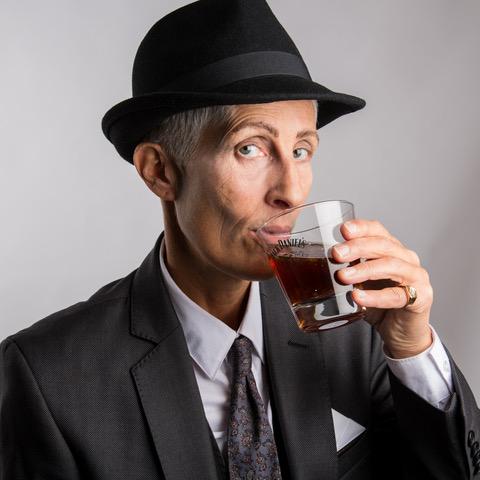
“Drag is just drag.” Chiyo says. “It’s an art. King, queen or inbetween. We’re this cute little bubble of magic in the queer cabaret world. Drag is performing confidence, owning a stage, presenting an aura like no other. Gender is irrelevant.”
Chiyo goes by the pronouns they/them both in and out of drag. They came to drag through sex work: “The combination of a gender identity crisis meets utter boredom made me want to play around with the platform I had.”
“I started dragging up, and before logging in to work, I’d snap a selfie and upload it to social media. Next thing I know people are calling me a ‘drag king’ and inviting me to cabaret events.”
This welcoming culture is prevalent on the drag king scene, where more established kings encourage and cheer on new kings to join in and have a go. Man Up, for example, is open for anyone to enter with no pre-screening process – some contestants will have headlined shows for years, others will be stepping onto the stage for the very first time.
The whole community is very encouraging of those new to drag, with each generation supporting the next, and standing on the shoulders of those before them. I chatted to Lenna Cumberbatch, who won her first drag king crown 20 years ago in the US. Ironically, she didn’t even mean to enter the competition. “I got dragged onto the floor by Superman and a fairy,” she remembers. The rest, as they say, is history.
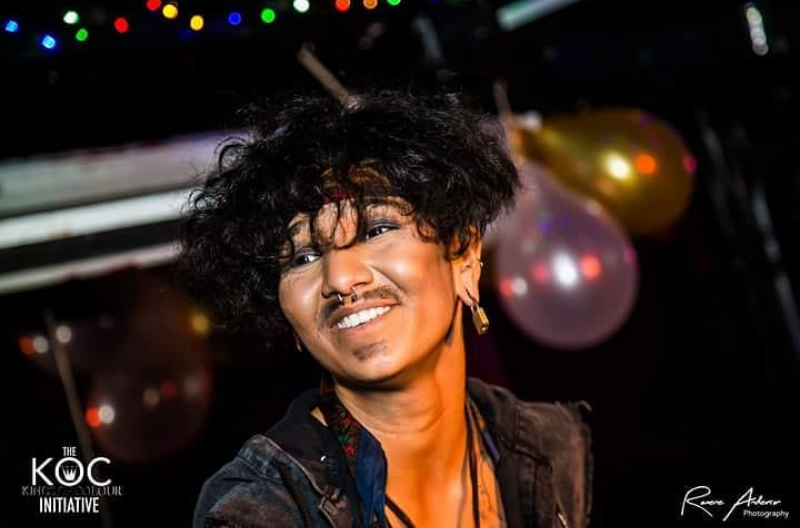
Lenna had been in the States for university, and upon coming back to London she set up the competition King of the Castle. “I wanted to provide a better opportunity for people to get up and strut their stuff and be recognised for what they were doing,” she said.
“There have always been non-binary performers,” she added. “People assume it’s groundbreaking and new but it has been around for generations – these things just evolve and change.”
Indeed drag kings, although seldom heard of outside of queer and trans spaces (and often even a minority of those), have been around for years. All it takes is to pick up a copy of Sarah Waters’ Tipping The Velvet (one of Adam All’s drag inspirations) to be transported back to the Victorian period where male impersonators – or “breeches roles” – were in high demand in the music hall scene. Throughout the 1900s there were small drag shows, and the scene really kicked off again in the 1990s when Lenna was performing.
Around that time, Ingo set up Bar Wotever, a cabaret night for people of any gender to perform anything – the night still runs to this day every Tuesday evening in the Royal Vauxhall Tavern. It’s one of the oldest running nights in London welcoming drag performers of any gender, and it’s joined now by a whole host of new events happening across the country, from The Boi Zone Karaoke night in Manchester to The Kingdom Come in Sheffield to brand new Lads on Sea that is kicking off in Southend. I wish I could list them all, but there are simply too many.
Frankie Sinatra began doing drag in the Nineties. “I honestly can’t remember what inspired me,” she said. “I just thought it would be fun.” She started out as Georgie Michael, and in more recent years has transitioned to Frankie.
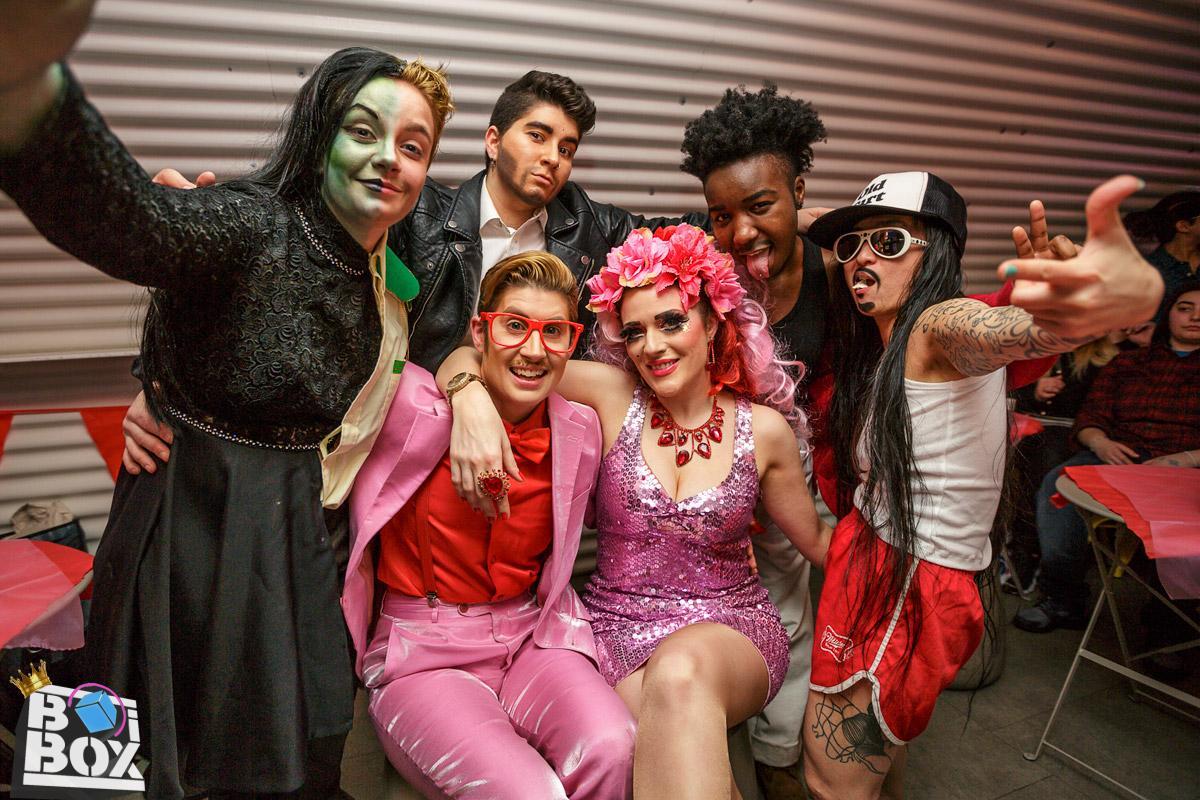
She believes that Man Up has “grown drag”, saying that “it’s given people the opportunity to try being a king. She believes that as a result “the level of performance has leapt in craftsmanship.”
She also cites the internet as something that has given rise to drag kings in recent years. As Georgie Michael, she used to have to put on a lot of facial hair, but remembers “before the internet, you couldn’t just order the stuff – you had to collect and use your own hair”.
She also believes that the ability to watch drag kings online has encouraged and inspired new talent.
I asked her why she thinks drag king-ing is so great, and she replies: “Any art form that gives a person the opportunity to express themselves is valid.”
The drag king community seems, as Chiyo describes it, to be a “cute little bubble of magic in the queer cabaret world”. Speaking to many kings, there is definitely that sense of family there.
Adam calls the kings that compete in Man Up his “sons”, and it’s clear that new kings get a lot of mentoring and love from those already established.
Lenna’s first King of the Castle winner, Stevie Wonderful, is a perfect example of this. After entering as a first time drag performer and winning, Stevie was invited back by Lenna to host future competitions. “I had no doubt Stevie Wonderful was great,” Lenna said, her voice warm and nostalgic.
Lenna also praises Adam All: “What Adam does is amazing,” she says. “He is a showmaker. Whatever his drag king persona is at one point in time doesn’t make a difference, because he is a showmaker.”
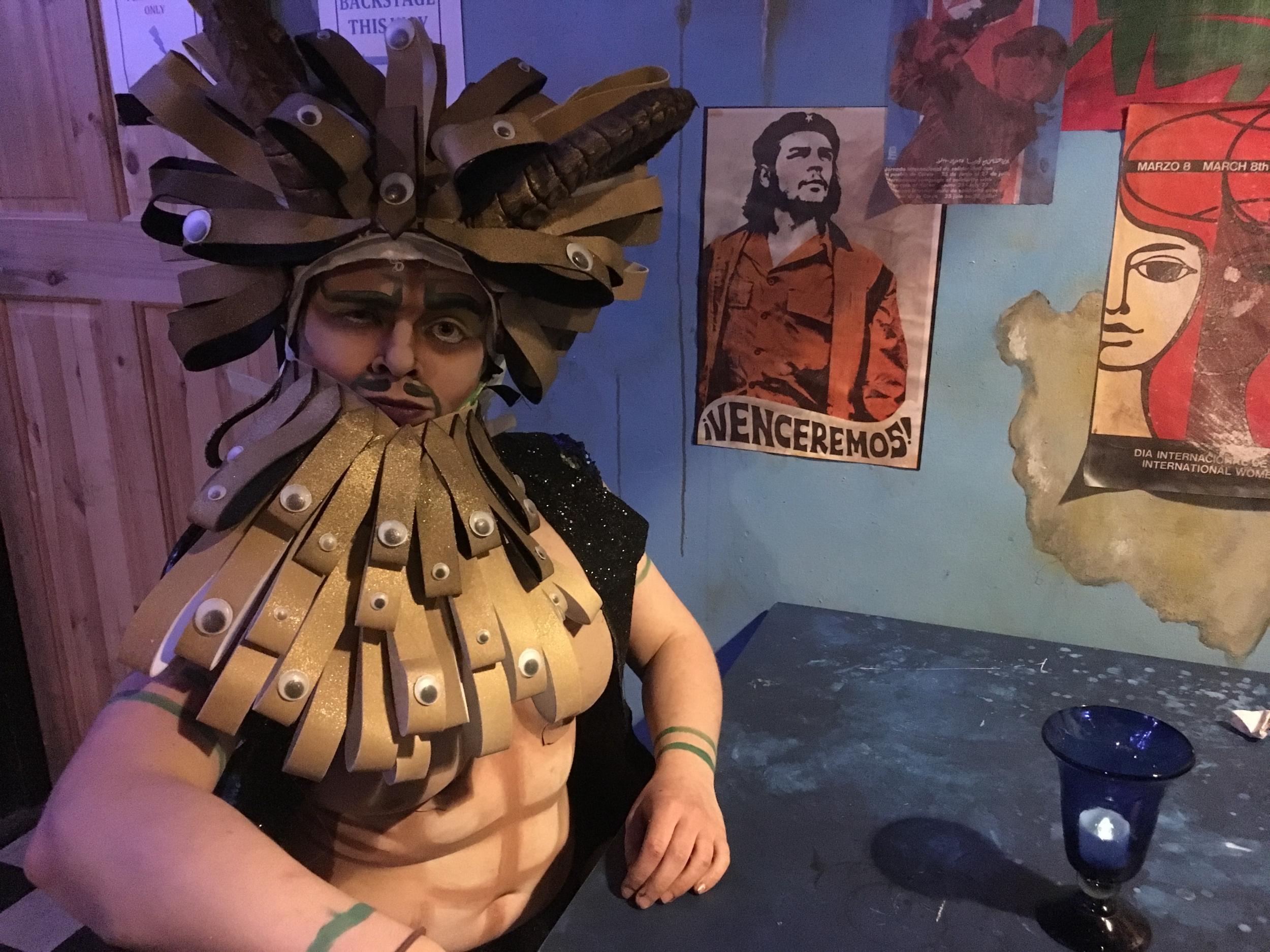
And she’s not the only one within the community who is quick to praise others. As I interview for this piece, I’m asked by various kings: “Have you spoken to this person?”, or told “You really ought to get in touch with that person.” Everyone interviewed also turned up for the Man Up final – whether to judge, perform, or cheer on from the audience.
“There’s a certain amount of ‘we’re in this together’ – there aren’t many of you,” Lenna says.
It seems, however, that the days of drag kings being seldom heard of are changing. “The current mood and climate around gender, sexuality, inclusivity and representation means we are beginning to see a change in the tides,” says Adam All, who entered Lenna’s contest back when it started.
“Recent growth and exposure for kings has expanded exponentially over the last five years or so; our small family has become a vast network and the persistence of our voices has built to a roar.”
Like any family, there are definitely issues – whose voices are heard the loudest, for a start. For Zayn, setting up the Kings of Colour Initiative was about addressing the lack of diversity on the drag king scene and giving kings of colour a platform.
“I was seeing far too many all-white line-ups for shows and kings of colour feeling marginalised and tokenised when they were in fact booked. On one occasion a producer did actually confirm to me: ‘Yes, I booked you because you’re black’,” he said.
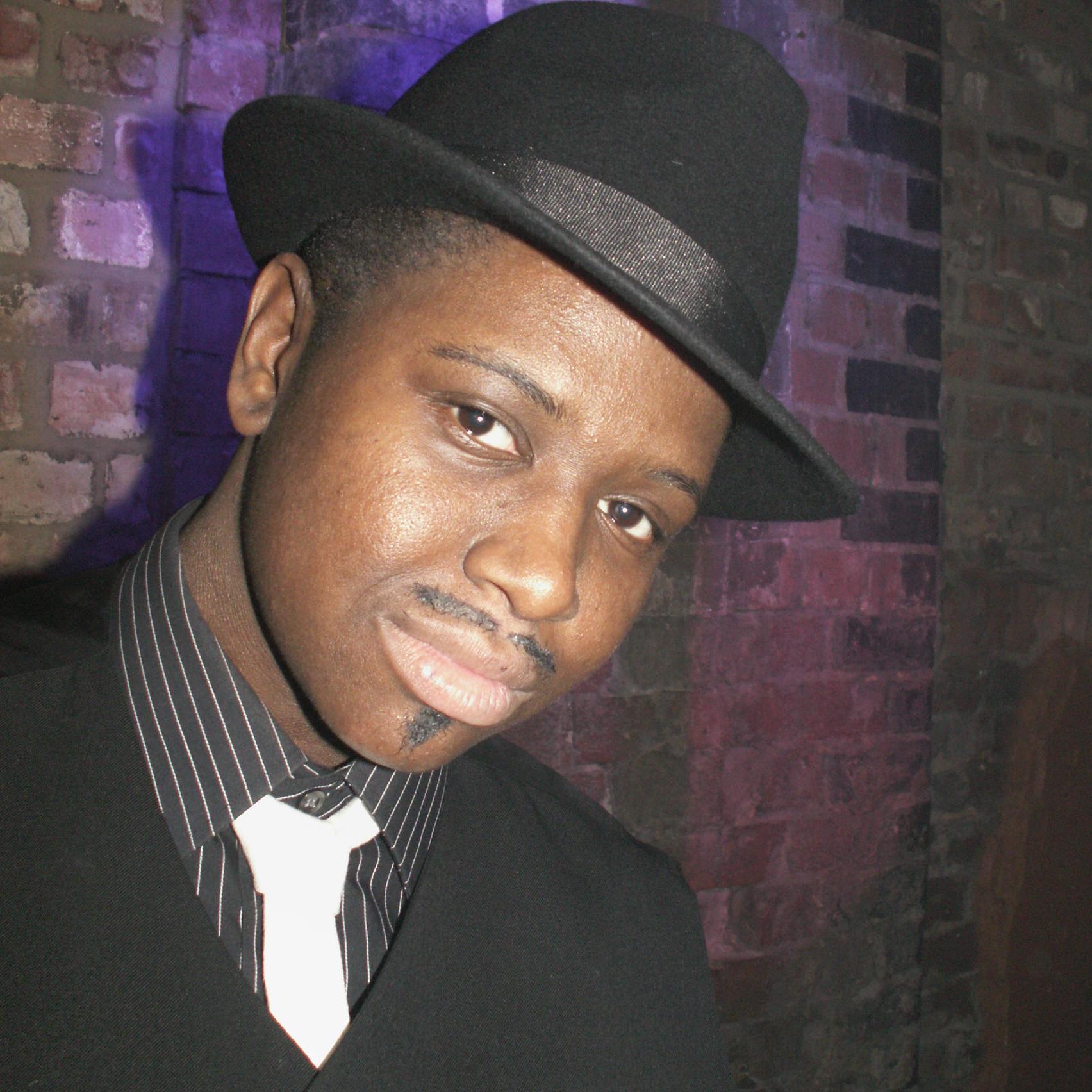
“The KOC Initiative gives us the opportunity to show that there are incredibly talented kings of colour working on the scene at the moment, and by having that representation, we’ve been able to not only improve the diversity of the line-ups of other drag king nights, but we’ve seen a huge wave of interest from people of colour getting in touch because they want to become drag kings too.”
The KOC Initiative has been so successful that Zayn is now running a “fresh meat” programme to bring new kings of colour onto the scene – again, that welcoming community.
Ingo has also set up more nights in the effort to increase opportunities for new performers: both Female Masculinity Appreciation Society and Non-Binary Cabaret, a drag night for performers who identify as non-binary.
“Over the last 10 years, the drag king scene has exploded because we have skipped binary gender roles and it has become more than drag queens and kings,” they say.
I ask where they see drag going. “In five years’ time, you’re not going to be able to ask the question of why kings aren’t as recognised as queens – because you’ll have drag performers, not kings or queens.”
Ingo adds: “Drag has always been amazing and daring and groundbreaking – it takes guts.”
Drag kings often go by different pronouns in and out of drag – to give just one example, someone who uses she/her pronouns in general might use he/him or they/them pronouns in drag. Throughout the piece, I have referred to people using their drag king pronouns as I'm talking about their drag king characters – but this doesn't reflect the pronouns they use outside of drag
Join our commenting forum
Join thought-provoking conversations, follow other Independent readers and see their replies
Comments
Bookmark popover
Removed from bookmarks